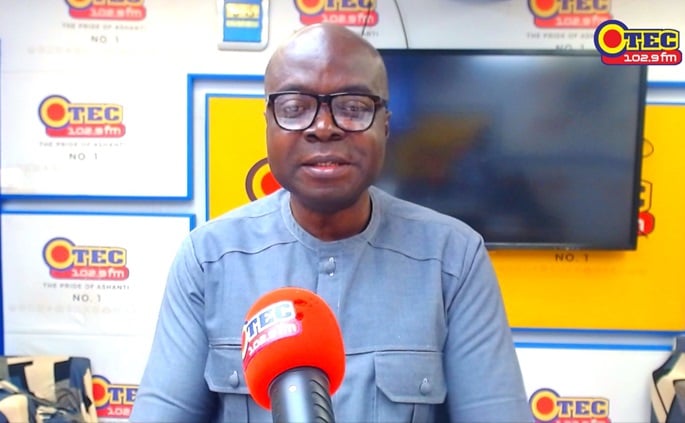The Member of Parliament for Manso Nkwanta, Hon. Tweneneboah Kodua Forkuo, has expressed profound skepticism regarding President John Dramani Mahama’s commitment to fulfilling his campaign promise of implementing a 24-hour economy in Ghana. Dr. Forkuo’s concerns stem from the perceived lack of action and communication from the President and his administration on the policy since assuming office approximately 100 days prior. He questioned the President’s sincerity, suggesting that the promise may have been a mere political tactic to garner votes during the 2024 elections. The MP’s public challenge to the President highlights the growing unease among some Ghanaians about the government’s seeming silence on a key economic policy proposal.
Dr. Forkuo’s apprehension centers on what he perceives as a disconnect between the President’s pre-election rhetoric and his post-election actions. During the campaign, Mahama touted the 24-hour economy concept as a significant driver of economic growth and job creation. The policy envisioned extending business operations beyond traditional daytime hours, leveraging the potential for increased productivity, enhanced service delivery, and expanded employment opportunities, particularly within specific sectors. However, Dr. Forkuo argues that the absence of any discernible progress or even official updates on the policy implementation casts doubt on the government’s genuine commitment to its realization.
The MP’s remarks, made during a radio interview on OTEC 102.9 FM, underscore a broader concern about the credibility of campaign promises and the importance of government transparency. He stressed the need for President Mahama to address the nation regarding the status of the 24-hour economy policy, providing a clear roadmap for implementation or, alternatively, admitting the policy’s infeasibility. This call for clarity reflects a desire for accountability and a demand for concrete action rather than empty pronouncements. Dr. Forkuo’s insistence on a public clarification underscores the significance of open communication between the government and its citizens, particularly concerning policies with substantial economic implications.
The 24-hour economy model, while potentially beneficial, presents various challenges that require careful consideration and strategic planning. Implementing such a system demands a comprehensive approach encompassing infrastructure development, security enhancements, regulatory adjustments, and stakeholder engagement. Key concerns include ensuring adequate lighting and transportation infrastructure to support nighttime activities, bolstering security measures to mitigate potential risks associated with extended operational hours, adapting labor laws and regulations to accommodate shift work, and fostering collaboration between businesses, government agencies, and community organizations. Addressing these complex issues requires a well-defined strategy and a demonstrable commitment from the government.
The silence from the Mahama administration regarding the 24-hour economy policy fuels speculation about the government’s priorities and its ability to effectively manage the nation’s economic challenges. Critics argue that the lack of communication not only erodes public trust but also creates uncertainty within the business community, potentially hindering investment and economic growth. The absence of a clear plan or even an acknowledgment of the policy’s current status raises questions about the government’s preparedness to tackle complex economic reforms. This perceived inaction could further undermine confidence in the government’s ability to deliver on its promises and effectively address the nation’s economic needs.
Dr. Forkuo’s public questioning of President Mahama’s commitment serves as a potent reminder of the importance of accountability and transparency in governance. His demand for clarity regarding the 24-hour economy policy reflects a broader desire for concrete action and tangible results, not merely political rhetoric. The government’s response, or lack thereof, to this challenge will be closely scrutinized by the public and will undoubtedly influence perceptions of the administration’s credibility and its ability to effectively manage the nation’s economic affairs. The ongoing silence surrounding this key policy initiative risks further eroding public trust and creating uncertainty within the business community, potentially hindering the very economic growth the policy was intended to promote.


